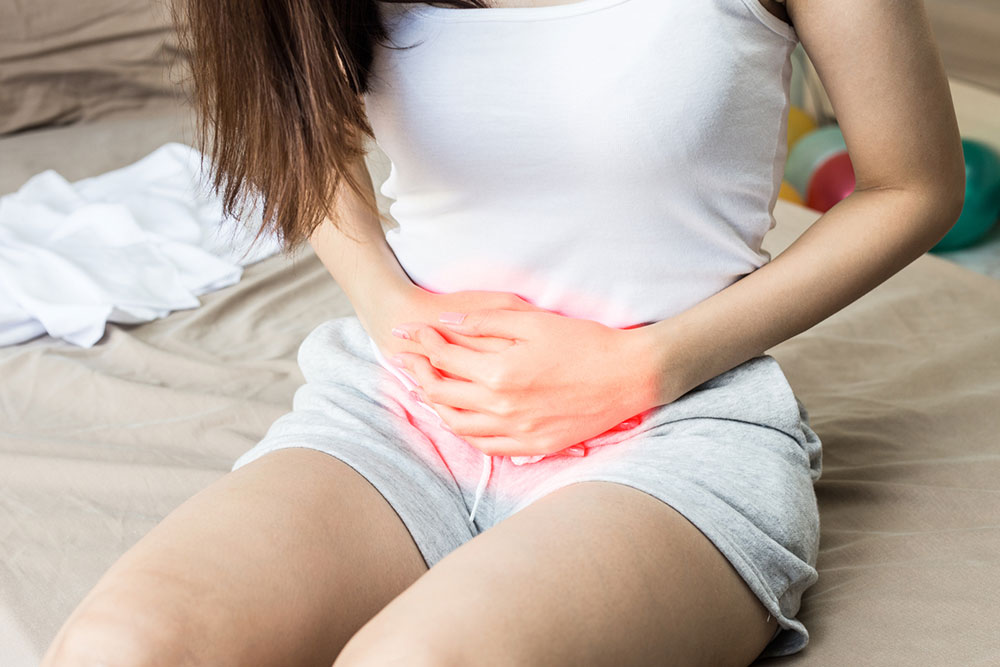
Top 10 remedies for an overactive bladder
An overactive bladder is a condition in which the bladder muscles contract easily, resulting in frequent urination. Additionally, it may cause incontinence and sudden, uncontrollable urges to pee, which can interfere with daily tasks and lifestyle and also affect sleeping patterns. However, certain treatment options and natural remedies for restoring bladder control can help relieve the symptoms of the condition. So, below are some of the home remedies for an overactive bladder:
Corn silk
Corn silk refers to the fine threads on top of the ears of corn. Although commonly considered a waste product in corn cultivation, corn silk is believed to help restore and strengthen mucous membranes in the urinary tract to prevent incontinence. Here, one can opt for corn silk extract or corn silk tea.
Pumpkin seed extract
Pumpkin seeds are one of the common home remedies for overactive bladder. The seeds can help heal digestive issues and inflammation. Their anti-inflammatory properties offer relief from abnormal urination frequency. The remedy can also help in restoring urinary functions and relieve bladder-related issues. One can consider combining soybean seed extract with pumpkin seed extract to further lower inflammation. Alternatively, one can have the seeds with omega-3 fatty acid sources to improve health and help with digestion.
Capsaicin
Chili peppers have a compound called capsaicin that is responsible for their heat. Capsaicin works by blocking signals of frequent urination from the nerves in the bladder, helping ensure the bladder holds urine longer. While it can be one of the best home remedies for overactive bladder, it can result in some irritation and pain.
Bladder retraining
Here, rather than giving in to the frequent urges to pee, one can retrain the bladder by following a urination schedule to overcome incontinence. To train the bladder to urinate less frequently, one can start by maintaining a bladder diary to keep track of bathroom visits. So, if one urinates often, they can extend the gap between bathroom visits by 15 minutes initially. To stick to the new schedule, one may have to urinate at the designated time, even without a pronounced urge to empty the bladder. Gradually, one can increase the time between two visits and train the bladder to hold more urine so it can be emptied a specific number of times throughout the day.
Kegel exercises
A weak pelvic floor can often be the primary reason for an overactive bladder, for which kegel exercises can be beneficial. Here, one has to start by locating the pelvic floor muscles and then tightening them for a few seconds and releasing them. These exercises are one of the best overactive bladder remedies, provided one practices them regularly.
Magnesium-rich foods
Magnesium is a vital mineral for the body. It can help strengthen the bones, keep blood pressure in check, and help maintain a steady heart rhythm. Often considered one of the best home remedies for overactive bladder control, the mineral can help lower muscle spasms. Some magnesium-rich foods to consider are kale, cashews, pumpkin seeds, bananas, and corn.
Acupuncture
This ancient technique stimulates specific points on the body. Studies suggest acupuncture can amplify the bladder’s capacity to hold urine and lower the urgency and frequency of urination.
Managing fluid intake
Staying hydrated is important for maintaining overall health, so an overactive bladder should not hold one back from having enough water. This is because when dehydrated, the urine becomes more concentrated. This can also increase urgency and irritate the bladder lining. However, excessive fluid may also aggravate incontinence symptoms, so habits like excessive fluid intake before bed can disrupt sleep when one has to get up and pee at night. So, one should drink at least six to eight glasses of water daily, but limit their fluid intake two to three hours before bedtime.
Biofeedback
This mind-body technique uses electrical sensors to monitor the muscles and can help control incontinence. Often considered one of the best treatments for overactive bladder, biofeedback can help in determining whether one is contracting the correct muscles while engaging in pelvic floor exercises, thereby helping improve bladder control.
Avoiding bladder irritants
One can prevent triggering an overactive bladder by avoiding drinks and foods that irritate the bladder. Some common triggers include caffeine, citrus fruits, chocolate, juices, and artificial sweeteners. Further, fizzy drinks, sodas, vinegar, corn syrup, cranberry juice, tomatoes, sugar, and dairy should be limited. While the extent of discomfort can vary from person to person, these foods and drinks are known to contribute to bladder irritation. So, when dealing with an overactive bladder, one can maintain a diary of what they eat to determine which foods are responsible for triggering their symptoms.
Before trying any home remedies, one should consult a healthcare professional upon noticing any signs of an overactive bladder. A doctor can recommend the best treatments for overactive bladder and help one choose a suitable option.




